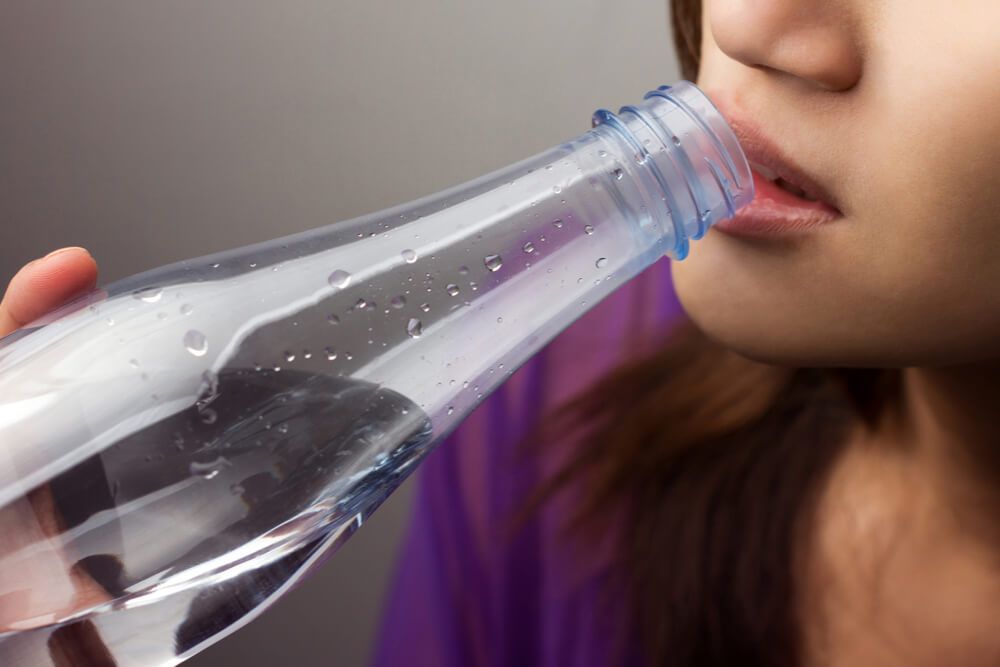Xerostomia is defined as the sensation of oral dryness. Patients with Xerostomia report having mouth dryness, oral burning, swallowing difficulty, and decreased or altered taste. Anyone can develop a dry mouth but Xerostomia is largely affected by factors like age, diabetes, and medication. If left untreated Xerostomia can lead to more severe health consequences. Once developed, it is important to know the proper treatments to manage the symptoms to avoid larger health risks.
Age and Diabetes affect Xerostomia
Xerostomia is linked with aging and diabetes. When a person ages the mouth naturally becomes dryer leading to Xerostomia. Just because you’re older doesn’t mean you will develop Xerostomia automatically. The chemical composition of saliva changes as one becomes older making it easier for a person to develop Xerostomia.
Regardless of your diabetes type, managing your blood sugar level is important. Diabetes increases oral dryness. People with diabetes are more likely to experience a lack of saliva and develop Xerostomia. What makes diabetes even more dangerous is that people do not know they are diabetic preventing them from getting the proper care. Also, diabetes is rarely connected to oral health making it harder for people to take action.
People who are older and have diabetes are at a greater risk of developing Xerostomia. Their change of chemical composition in their saliva and high glucose level causes greater levels of mouth dryness. This makes it important for doctors to promote the connection between oral health and diabetes.
Medications increase Xerostomia
Xerostomia becomes frequent in patients that are undergoing radiation therapy and/ or taking other medication. Xerostomia develops in most patients undergoing head and neck radiation therapy for cancer treatment when the major salivary glands are in the radiation path. Medications with a reported incidence of xerostomia of 10% or more include but are not limited to:
- Anticholinergic agents: atropine, belladonna, oxybutynin
- Antidepressant and antipsychotic agents: citalopram, haloperidol, phenelzine
- Diuretics: furosemide, chlorothiazide, hydrochlorothiazide
- Antihypertensive agents: captopril, lisinopril, enalapril
- Sedative and anxiolytic agents: alprazolam, diazepam, triazolam
- Muscle relaxants: tizanidine, cyclobenzaprine, orphenadrine
- Analgesic agents: opioids and NSAIDs
- Antihistamines: astemizole, loratadine, brompheniramine
When a patient is undergoing such therapy or taking any of these medications, doctors can create specific treatments for the patient to reduce the severity of Xerostomia.
Undiagnosed or Untreated Xerostomia
Xerostomia is a common symptom with various causes that, if ignored, can lead to serious oral consequences. Xerostomia can lead to dysgeusia, glossodynia, sialadenitis, cracking and fissuring of the oral mucosa, and halitosis. Additional evaluation may include consultation with the patient’s physician, request for microbial culture, or labial salivary gland biopsy. A comprehensive treatment is effective in improving patient oral comfort and function and preventing unnecessary loss of teeth. This treatment must include ongoing dental caries prevention and treatment, salivary flow stimulation, recognition and treatment of oral candidiasis, selective use of saliva substitutes, and possible changes in the patient’s prescription and nonprescription drug use. Not going to the dentist in time could lead to more severe consequences like needing dental implants. Luckily, New Teeth Chicago Dental in Chicago, Illinois provides dental implant services for patients that require them.
Treatment and Management
Xerostomia can happen to anyone for different reasons. However, if you have Xerostomia it is important to know the treatments to prevent more severe consequences. Here is a list of treatment options:
Patient Education
- Frequent sipping of water
- Chewing sugar-free gum
- Sucking on sugar-free candy
- Avoiding caffeine, tobacco, alcohol, and dry or hard-to-chew foods
- Correcting dehydration by increasing fluid intake
- Regular oral hygiene and dental care.
By creating a comprehensive plan patients can significantly reduce the severity of their oral dryness.

